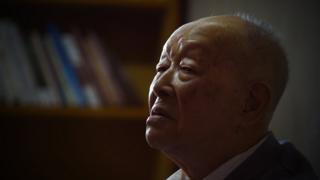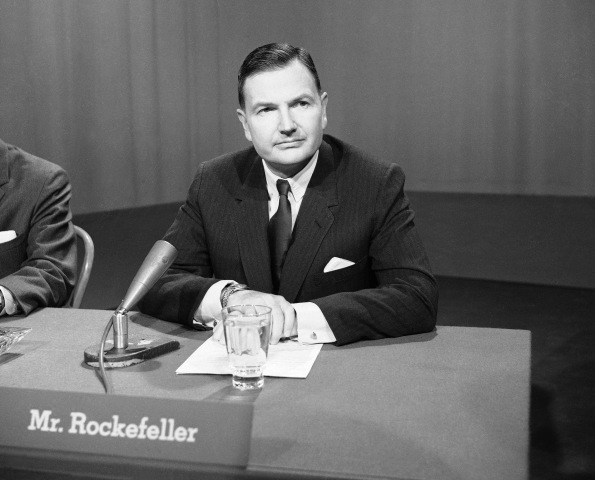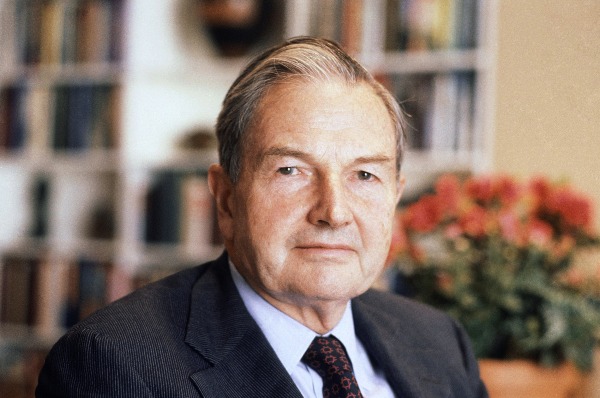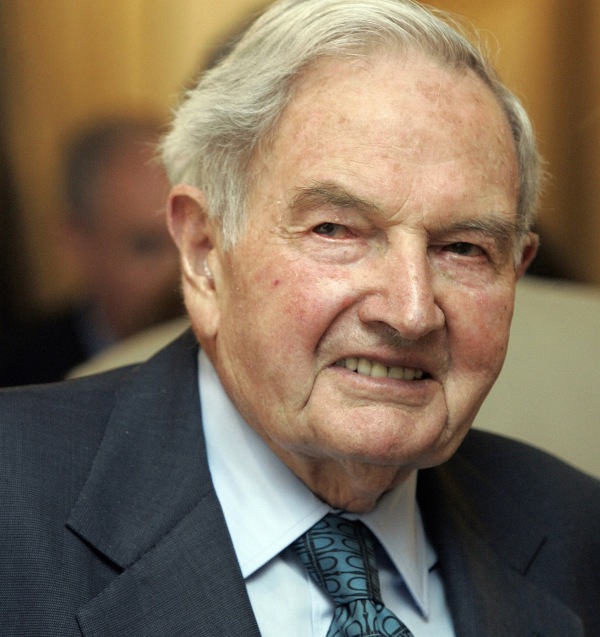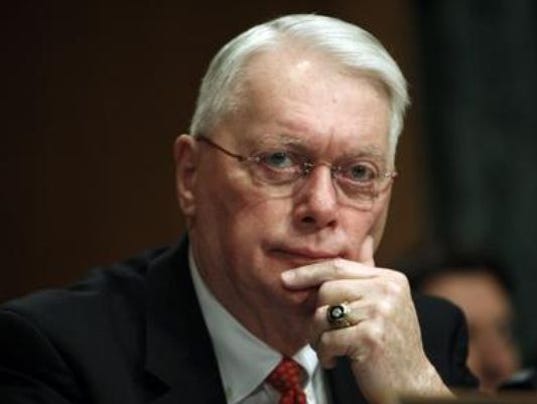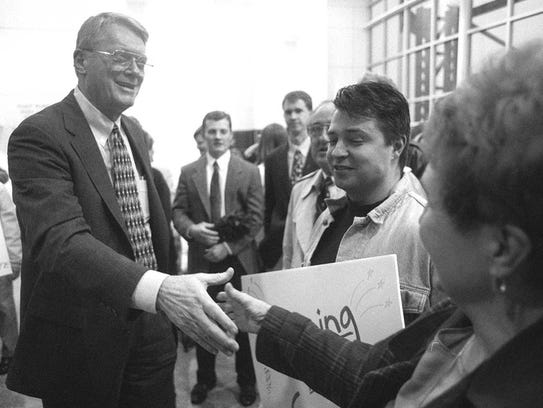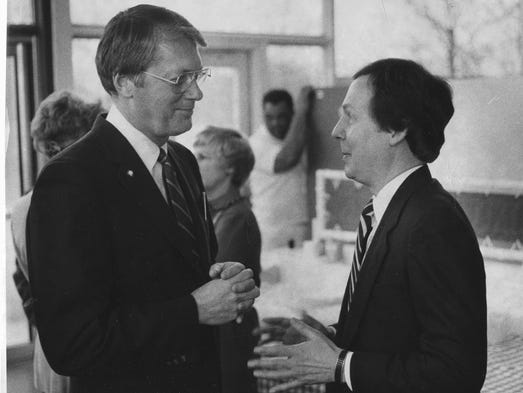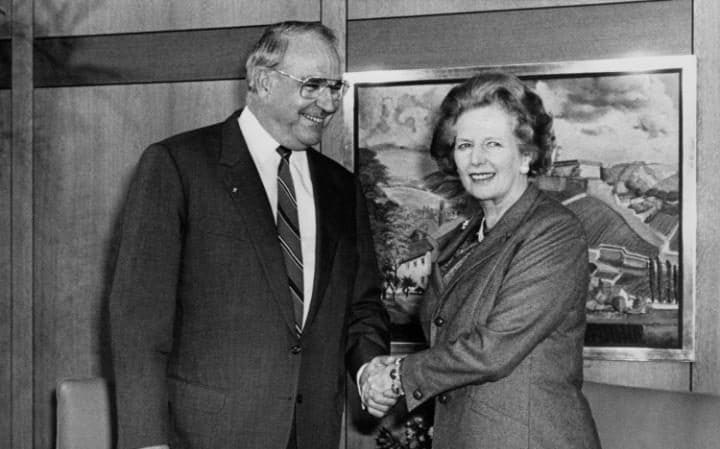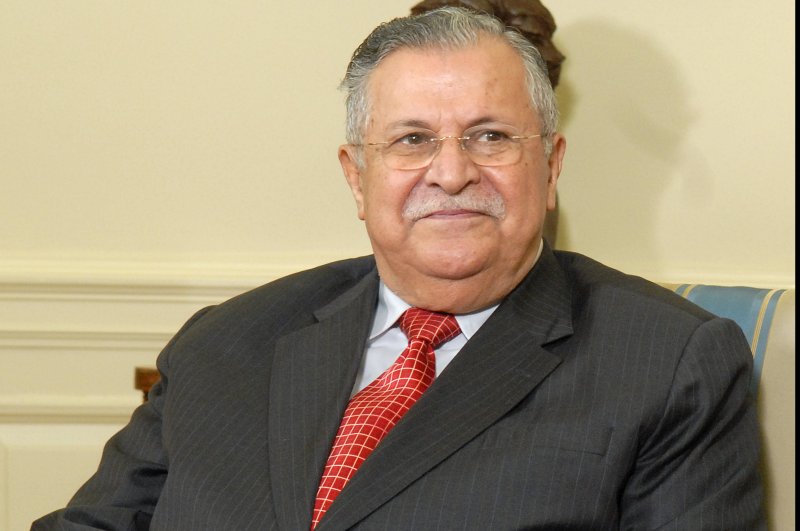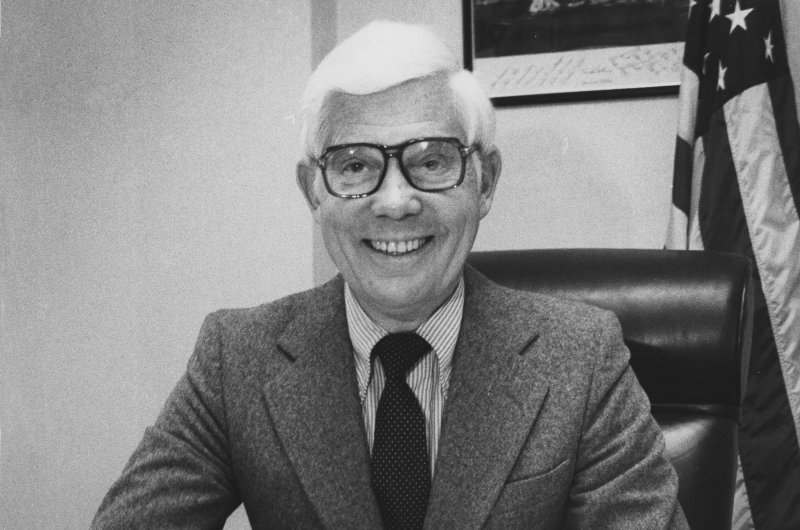I remember him on the old Nightline program during the hostage situation...

Influential former Iranian leader Rafsanjani dead at age 82
January 8, 2017 — Former Iranian President Akbar Hashemi Rafsanjani, a wily political survivor and multimillionaire mogul who remained among the ruling elite despite moderate views, died Sunday, state TV reported. He was 82.
Influential former Iranian leader Rafsanjani dead at age 82
January 8, 2017 — Former Iranian President Akbar Hashemi Rafsanjani, a wily political survivor and multimillionaire mogul who remained among the ruling elite despite moderate views, died Sunday, state TV reported. He was 82.
Iranian media reported he suffered a heart attack and was hospitalized north of Tehran, where doctors performed CPR in vain for nearly an hour and a half before declaring him dead. A female newscaster's voice quivered as she read the news. She said Rafsanjani, "after a life full of restless efforts in the path of Islam and revolution, had departed for lofty heaven." Rafsanjani's mix of sly wit and reputation for cunning moves — both in politics and business — earned him a host of nicknames such as Akbar Shah, or Great King, during a life that touched every major event in Iranian affairs since before the 1979 Islamic Revolution.

Former Iranian President Akbar Hashemi Rafsanjani, registers his candidacy for the elections of the Experts Assembly in Tehran, Iran. Iranian state media said Sunday, Jan. 8, 2017 that influential former President Akbar Hashemi Rafsanjani has died at age 82 after having been hospitalized because of a heart condition. Rafsanjani, who served as president from 1989 to 1997, was a leading politician who often played kingmaker in the country's turbulent politics. He supported President Hassan Rouhani.
His presence — whether directly or through back channels — was felt in many forms. He was a steady leader in the turbulent years following the overthrow of the U.S.-backed shah, a veteran warrior in the country's internal political battles and a covert go-between in intrigue such as the Iran-Contra arms deals in the 1980s. He also was handed an unexpected political resurgence in his later years. The surprise presidential election in 2013 of Rafsanjani's political soul mate, Hassan Rouhani, gave the former president an insider role in reform-minded efforts that included Rouhani's push for direct nuclear talks with Washington. World powers and Iran ultimately struck a deal to limit the country's nuclear enrichment in exchange for the lifting of some economic sanctions.

Former President Akbar Hashemi Rafsanjani casts his ballot for the parliamentary elections in front of a portrait of late Iranian leader Ayatollah Khomeini, at a polling station in Tehran, Iran. Iranian state media said Sunday, Jan. 8, 2017 that influential former President Akbar Hashemi Rafsanjani has died at age 82 after having been hospitalized because of a heart condition. Rafsanjani, who served as president from 1989 to 1997, was a leading politician who often played kingmaker in the country's turbulent politics. He supported President Hassan Rouhani.
While Rafsanjani was blocked from the 2013 ballot by Iran's election overseers — presumably worried about boosting his already wide-ranging influence — the former leader embraced Rouhani's success. "Now I can easily die since people are able to decide their fate by themselves," he reportedly said last March. However, Rouhani now faces a crucial presidential election in May which will serve as a referendum on the deal and thawing relations with the West. Rafsanjani was sharply critical of a move by Iran's constitutional watchdog to block moderates, including Hassan Khomeini, the grandson of the Islamic Republic's founder, from running for a top clerical body in elections last year.

Iranian President Hassan Rouhani, right, and former President Akbar Hashemi Rafsanjani, left, who are members of the Assembly of Experts, attend an assembly in Tehran, Iran. Iranian state media said Sunday, Jan. 8, 2017 that Rafsanjani has died at age 82 after having been hospitalized because of a heart condition. Rafsanjani, who served as president from 1989 to 1997, was a leading politician who often played kingmaker in the country's turbulent politics. He supported President Hassan Rouhani.
Rafsanjani was a close aide of Ayatollah Ruhollah Khomeini and served as president from 1989 to 1997 during a period of significant changes in Iran. At the time, the country was struggling to rebuild its economy after a devastating 1980-88 war with Iraq, while also cautiously allowing some wider freedoms, as seen in Iran's highly regarded film and media industry. He also oversaw key developments in Iran's nuclear program by negotiating deals with Russia to build an energy-producing reactor in Bushehr, which finally went into service in 2011 after long delays. Behind the scenes, he directed the secret purchase of technology and equipment from Pakistan and elsewhere.
MORE





